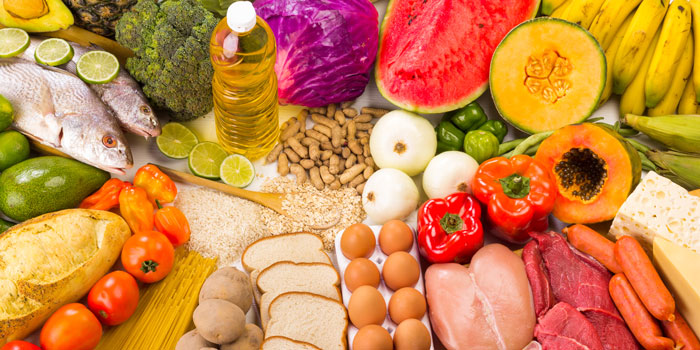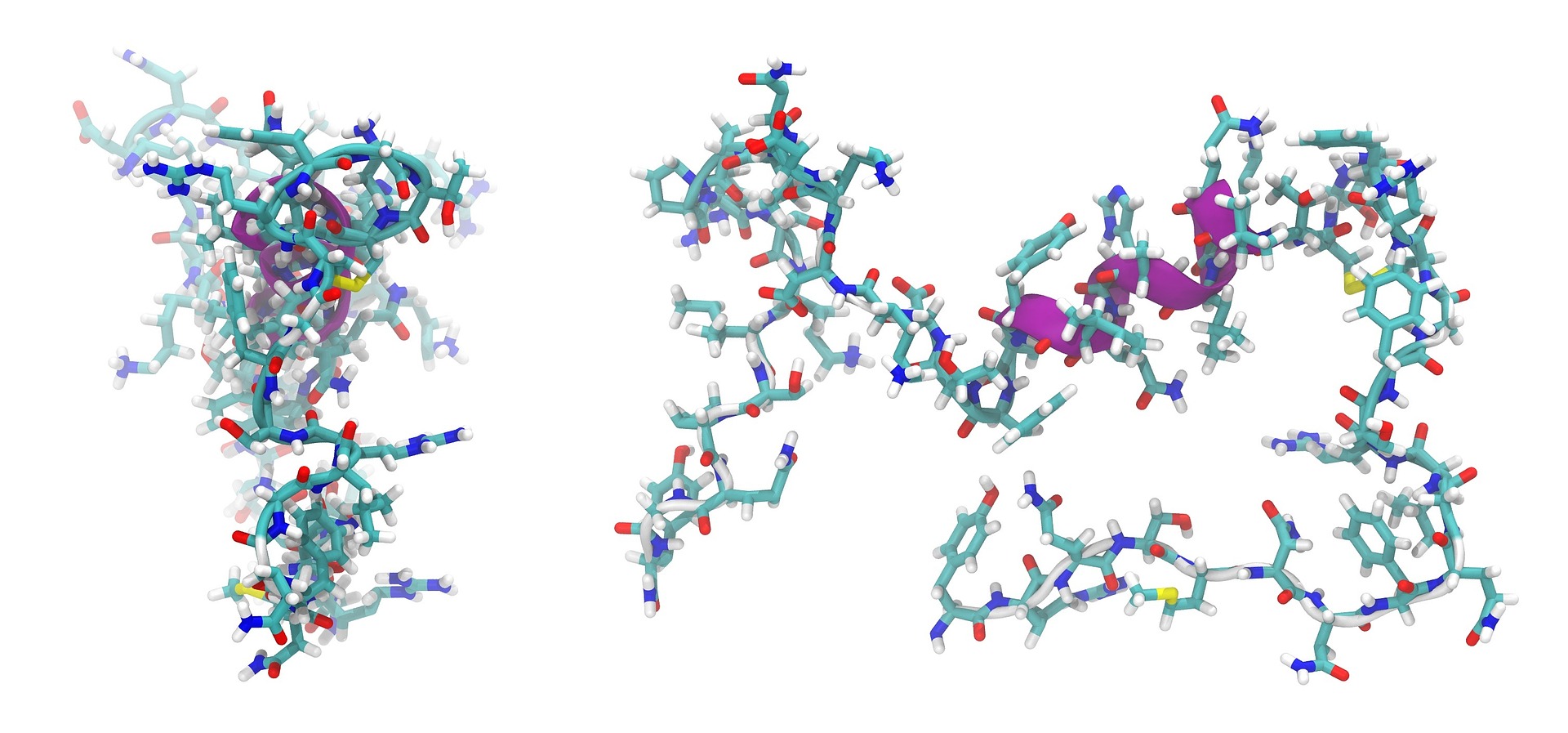For athletes of all kinds, it is vital to maintain a healthy diet. Without the solid footing that a healthy diet provides, athletes will find that they do not have the strength and endurance to compete. Athletes must be careful to consume enough protein, carbohydrates, healthy fats, and fiber to keep their bodies strong, along with making sure that they have enough micronutrients like vitamins and minerals. They must also be careful to hydrate properly. Mike Kotch, a swim coach , examines the basics of a healthy diet for competitive swimmers and all other types of athletes.
Building Blocks of a Healthy Diet
Competitive athletes need more calories than the average person. An athlete’s diet can range from 2,400 to 3,000 calories per day. Since caloric intake is so high, it is especially important that an athlete consume only the healthiest types of food to avoid unnecessary weight gain.
Proteins, carbohydrates including fiber, and healthy fats should form the basis of an athlete’s diet. For all people including athletes, a healthy diet is comprised of 50 percent carbohydrates, 30 percent protein, and 20 percent fat. It is best to focus on whole grains, lean protein choices, and healthy fats like olive oil and avocado. Eating too many processed foods can disrupt the balance of a healthy diet and lead to lower performance.
Fruits and Vegetables
Competitive athletes should make it their goal to eat five servings of fruits and vegetables each day. Make sure that you vary the colors of your fruit and vegetable choices: for example, eating broccoli, carrots, and orange or red peppers will give you the broadest range of nutritional content and vitamins. Watch out for eating too much fruit, however, as fruit contains more sugar than vegetables.
Carbohydrates
When planning a healthy diet, many people overlook the health benefits of carbohydrates. There are many fad diet plans that restrict or eliminate the consumption of carbohydrates. This can be damaging to an athlete’s health and sports performance. Make sure that 50 percent of your diet is comprised of carbohydrates. Avoid refined sugars, white flours, and processed food as much as possible, instead concentrating on whole grains and natural sugars.
Fiber is another carbohydrate, and it is vital for your body to consume enough fiber each day. Fruits and vegetables, as well as whole grains, will provide enough fiber to keep your body going.
Avoid empty calories like sugary drinks, candies and cakes, and alcohol. Sports drinks and 100 percent juice can be consumed in moderation but be aware of the number of calories that come from sugar.
Protein
Make sure that 30 percent of your diet is comprised of protein. It is important to skip high-fat choices as well as overly processed and cured meats. These foods can be consumed in moderation, but they should be treated as an occasional indulgence, not as the building blocks of an athlete’s diet. Lean proteins are best when prepared in methods that do not add fat. Restrict deep-fried foods, instead turning toward sautéing, baking, and grilling.
Add fish to your diet. Fish contains lean protein, healthy fats, and Omega-3 fatty acids that will keep your body in peak condition.
Fat
Many people may mistakenly believe that fat is an athlete’s enemy. This is a misconception. Fat provides a steady source of energy for athletes. Do not exceed 20 percent of your diet as fat and avoid eating fatty meats like hamburger and bacon. Add healthy and non-saturated fats to your diet, including olive oil, canola oil, and avocado. These fats will provide the energy boost you need without leading to cardiovascular problems or lower athletic performance.
Hydration
Being well-hydrated is one of the most important ways to boost athletic performance. When an athlete is not hydrated, they may experience dips in performance as well as problems like fainting or overheating. All athletes should drink at least two cups of water before exerting themselves. Drink 4 to 6 ounces of water or another hydrating fluid every 15 minutes while you exercise.
Building a Healthy Diet
When an athlete takes care to construct a proper diet plan, they will be able to train harder with better results. Avoiding empty calories is key, along with choosing lean proteins and healthy fats. Mike Kotch recommends that all athletes will see a performance boost when they eat properly.



